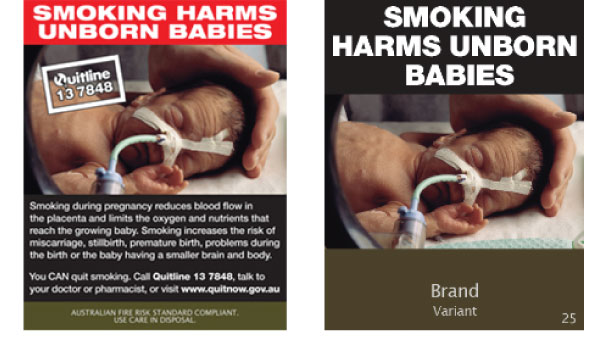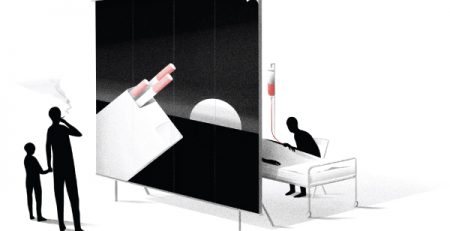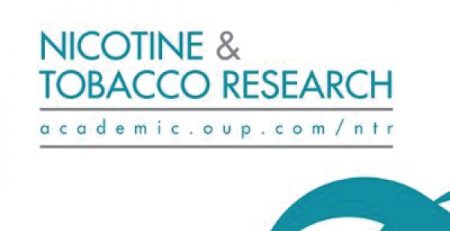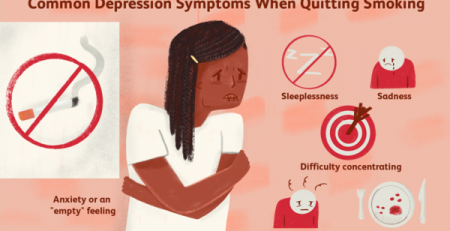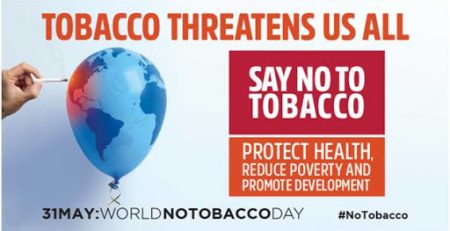Intimidation of tobacco control advocates …
Intimidation of tobacco control advocates in low and middle-income countries Matthes BK, Zatoński M, Alebshehy R, et al. ’To be honest, I’m really scared’: perceptions and experiences of intimidation in the LMIC-based tobacco control community. Tobacco Control Published Online First: 19 July 2022. doi: 10.1136/tc-2022-057271
“Authors interviewed six experts representing each World Health Organization (WHO) region to inform an online survey conducted among the LMIC-based tobacco control community. Thematic analysis was used for analyzing qualitative data, while quantitative data were analyzed descriptively.
Twenty-three participants from five WHO regions completed the survey. Almost three-quarters of survey participants reported that they, or another member of the tobacco control community in their country, had experienced intimidation. The most frequently reported forms of intimidation were discreditation on social or traditional media, legal threats/action, and threatening messages. Physical intimidation, theft/burglary, cyberattacks, and surveillance were individually rare but reported collectively by over 40% of participants. Results suggested intimidation might be increasing and changing in nature and undermines tobacco control efforts: it affects organizations’ capacity and agenda, their ability to build relationships with those needed to advance policy, as well as the well-being of individuals.”
This exploratory study suggests the need “to establish an international support mechanism and building capacity to deal with intimidation and draw attention to it.”
https://tobaccocontrol.bmj.com/content/early/2022/07/11/tc-2022-057271
Comment: Intimidation by the tobacco industry has been documented for more than 70 years when smoking as a cause of disease became an issue. Because discrediting scientists and officials willing to stand against tobacco dependence is a standard procedure for the tobacco industry, it is likely to continue as the tobacco industry opposes the decline in the use of its products, especially in newer markets.
Stephen Hamann


